They are the faces of the Hong Kong protests that have dominated headlines for the past few months.
Mostly in their teens and 20s, these Hongkongers have spent their summer months on tear-gas-filled streets.
The Epoch Times recently spoke with several protesters about why they have kept up demonstrations since June. They chose to identify themselves by nicknames to avoid reprisals from local police, who have clashed with protesters and arrested around 700 since the mass protests began.
No ‘Freedom Free-Rider’
Hong Kong, a former British colony, was returned to Chinese sovereignty in 1997. Most of the young protesters don’t know what life was like before Chinese rule—since they were either born after the handover, or were very young prior to the handover.But they fear that their city will become indistinguishable from mainland China, where an authoritarian regime doesn’t allow for basic freedoms.
“From June 4, 1989, onwards, aside from the [Tiananmen Square] crackdown, [the Chinese regime] has been using economic measures to placate people … as an area becomes economically flourishing, citizens will forget about freedom and stop focusing on the government,” said 24-year-old college student Ah Ming.
He worries about a future Hong Kong without freedom of expression.
“If I say something wrong, then maybe I can’t go on vacation or go on the train,” he said, referring to Chinese authorities’ routine tactics when retaliating against dissidents. “We don’t want Hong Kong to be a place without freedom and human rights.”
Ah Ming says he’s disappointed with how the Hong Kong government has failed to respond to the protesters’ demands, including fully withdrawing the bill and conducting an independent inquiry into the police use of force against protesters, calling it a “puppet government” of Beijing.
“The government just tries to evade reality,” he said. “[It] is trying to ... scare dissidents into not coming out.”
He urged Hongkongers to take action to safeguard the city’s basic rights.
Dangers
Injuries are routine for protesters when faced by the police, when the latter begin to clear the streets by the use of tear gas, batons, rubber bullets, bean bags, and other crowd-dispersal methods.“Every breath you take, you feel worse, but you also can’t stop breathing and have no oxygen,” Ah Lok said, recalling his experience of being hit by tear gas for the first time. “You can’t see with your own eyes.”
The 22-year-old said that he joined the protests June 16, when some 2 million Hongkongers marched. The city’s top official, Chief Executive Carrie Lam, has suspended action on the extradition bill but has refused to give in to demands for a full withdrawal.
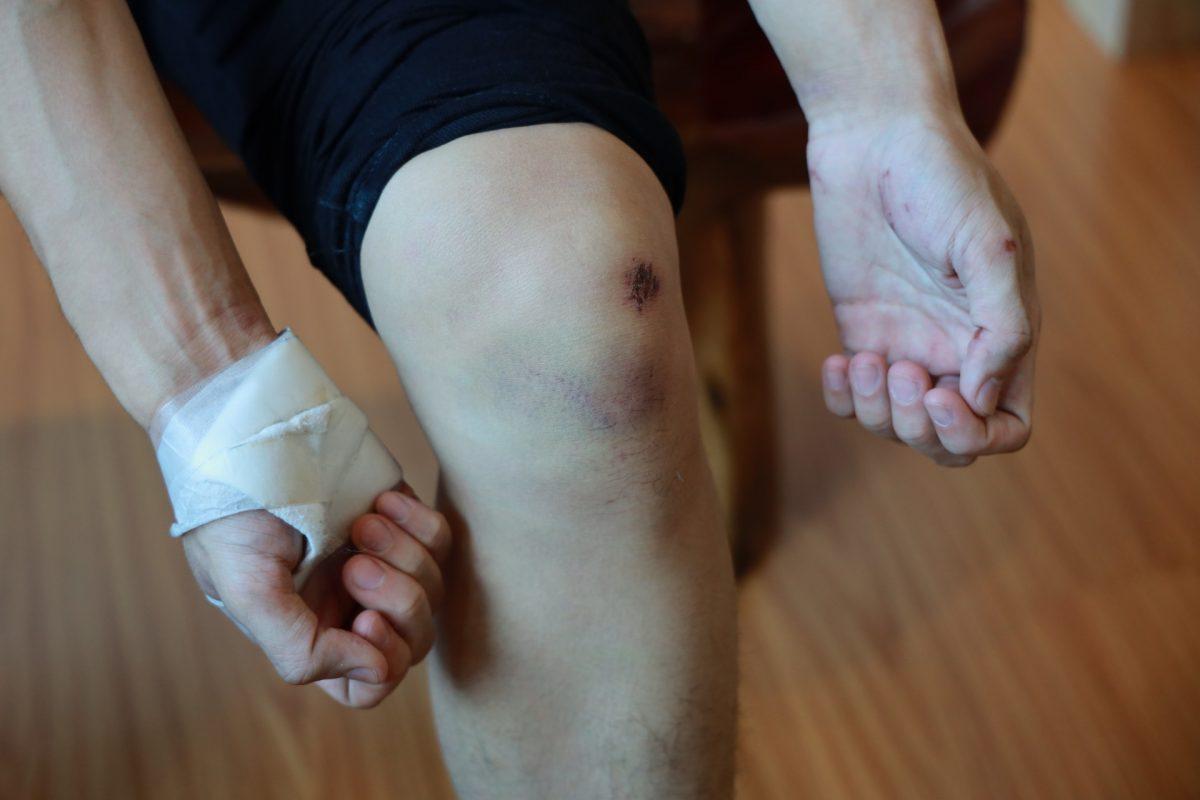
“After getting tear-gassed, I got diarrhea for a whole week, as if I got some virus in my stomach,” said 27-year-old engineer Ah Man, adding that local media reports said police have fired expired tear gas canisters at them.
Ah Man believes that the police’s use of force—such as firing tear gas at protesters at close range and inside an enclosed subway station—has emboldened protesters to escalate their civil disobedience. The United Nations High Commissioner for Human Rights has called out Hong Kong’s police for deploying crowd-control gear against protesters “in ways that are prohibited by international norms and standards.”
Ah Yan, who is 16, vividly recalled an incident during clashes with police on Aug. 11, when, amid the chaos, a fellow teenage protester fell in front of her. When she saw his face, it was full of blood, which left her feeling helpless.
“It was as if ... the tear gas was just some kind of pesticide that you can find anywhere on the street,” she said of the police’s dispersal operations. “Every time I came back all right, I felt lucky, as if I just won the lottery.”
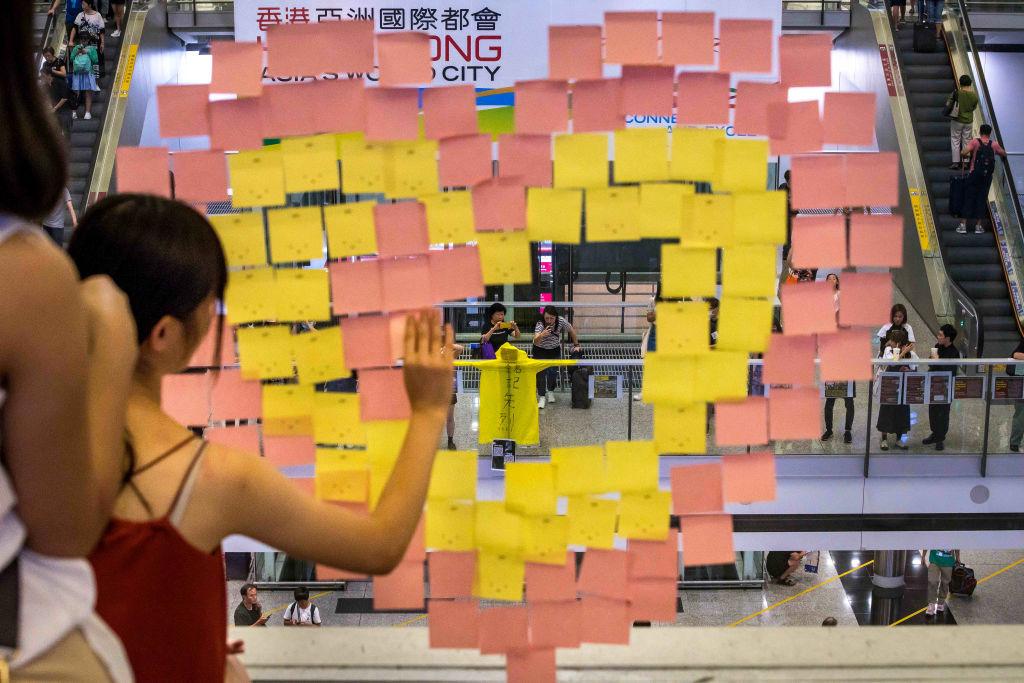
Not Giving Up
Despite weary bodies and rising danger, the young protesters said they’re determined to fight until the end.“I’d be lying if I claimed to be unafraid, but if we give ground, then we would be giving up Hong Kong,” Ah Yan said. She said she came to join the protests because of her conscience. The physical danger, she said, paled in comparison to the feeling of being demonized by Hong Kong authorities.
“No matter if we’re beaten or tear-gassed, it won’t bother us too much because we already prepared for it,” she said.
Rather, the most painful thing for the 16-year-old was when police “accused us of being ‘rioters’ and ‘cockroaches,'” she said as tears streamed down her face. “They [the police] thought that we were disrupting society, not realizing that we were defending their freedom.”
Ah Yeen, 18, said the government’s labeling of protesters as “violent” and “radical” was baseless, as it’s been police intervention that has escalated the situation in most cases.
“In the elderly march, there was no police presence, so it was peaceful; same with the airport sit-in,” Ah Yeen said.
“But during the marches, the police send out riot police. That’s when it gets bloody.”
Ah Man, who also participated in the mass pro-democracy protests in 2014, said it was such injustices that drove him to take to the streets again.
“Just sitting there being obedient doesn’t work,” he said.
During a demonstration in the northern district of Wong Tai Sin, Ah Man saw a 13-year-old boy wearing a medical mask covering half his face, standing at the front of the protest line not far from riot police. Ah Man took off his gas mask and gave it to the boy, and told him to stand away from the front.
He said the protesters were all trying their best.
“We can’t back down. If we don’t do it, no one will. If we don’t do it, in the future, we won’t be able to,” he said. “We have to do what we can to persist.”
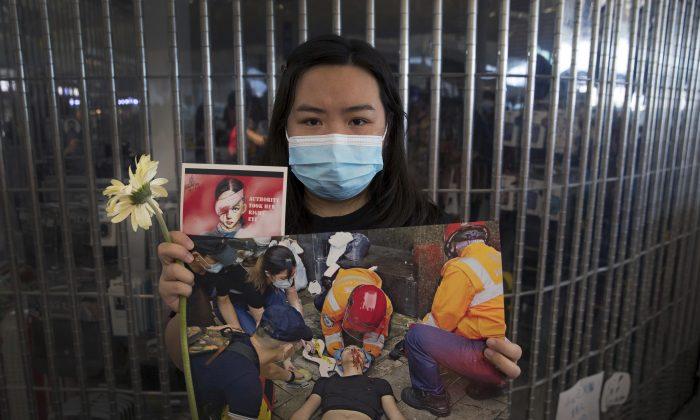

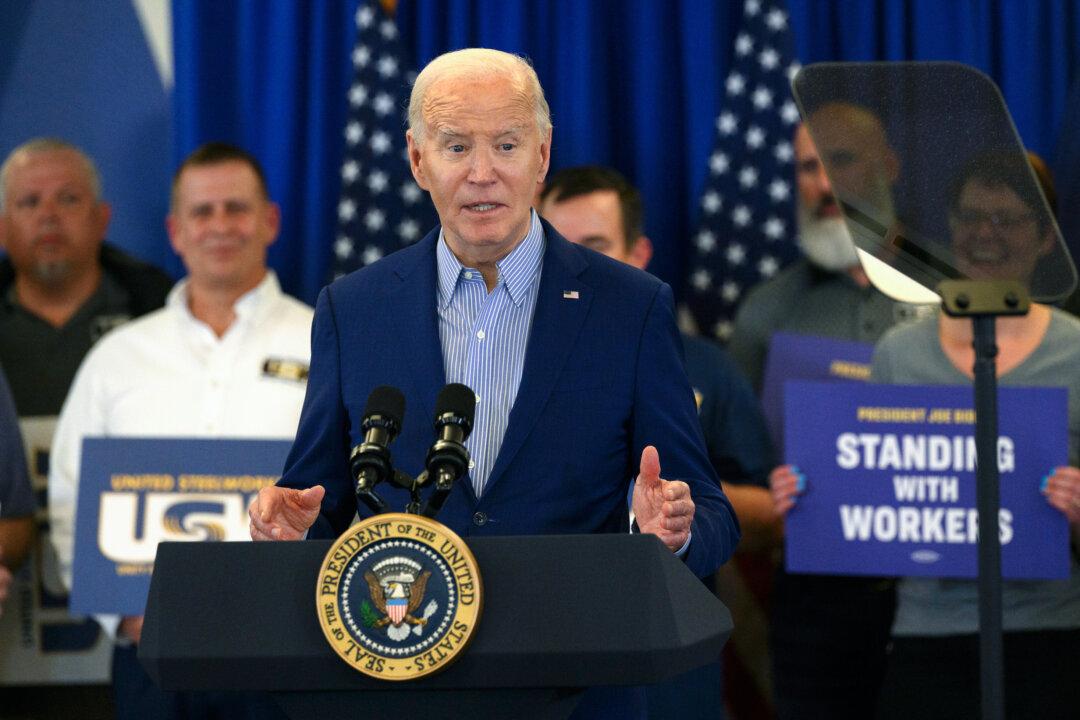
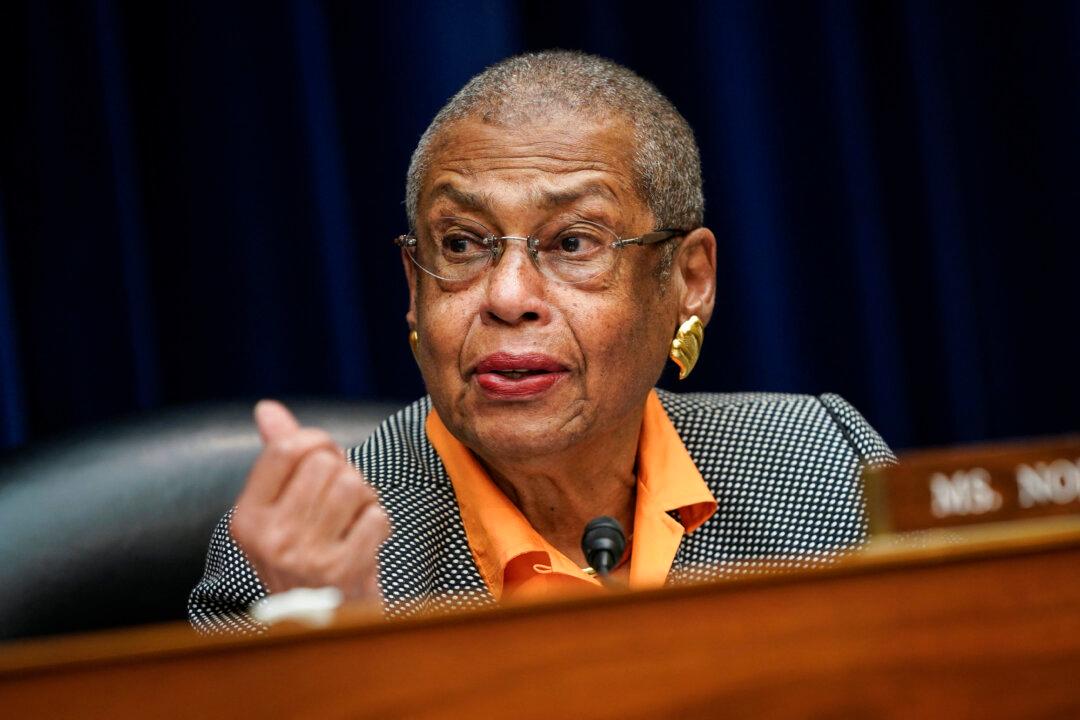
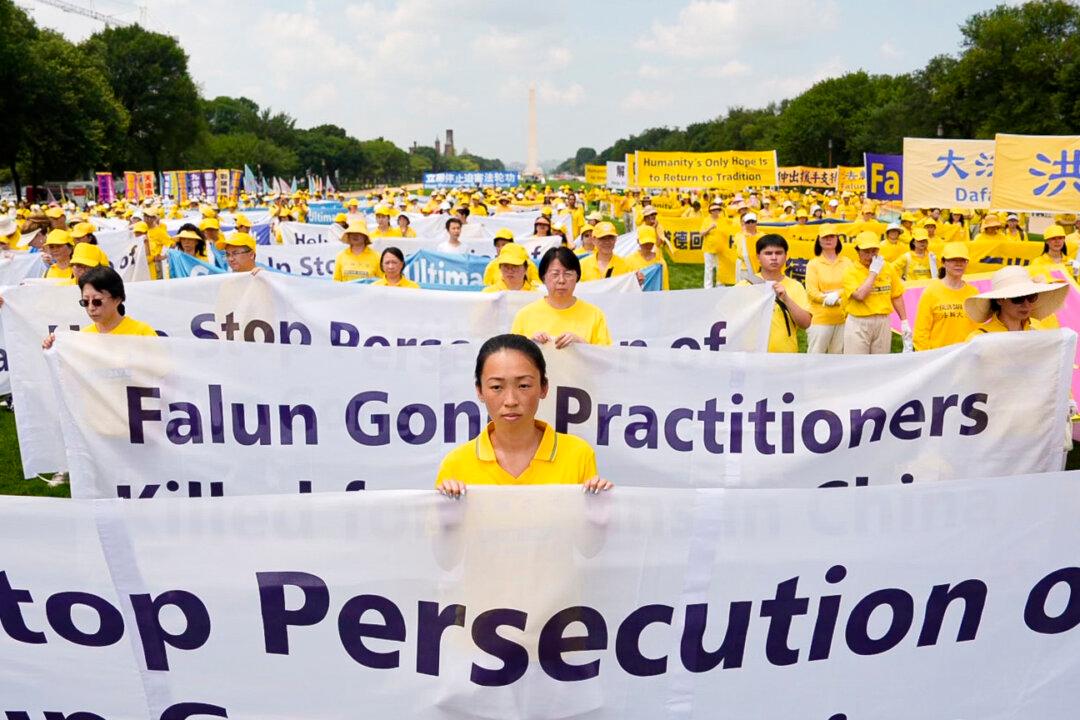
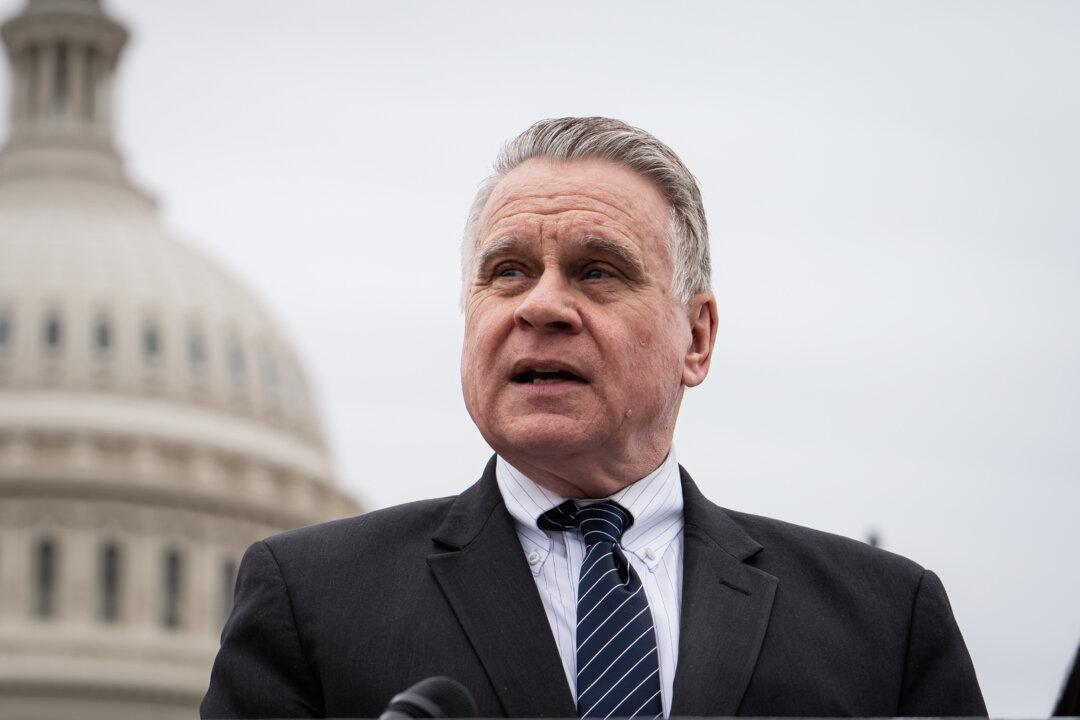
Friends Read Free